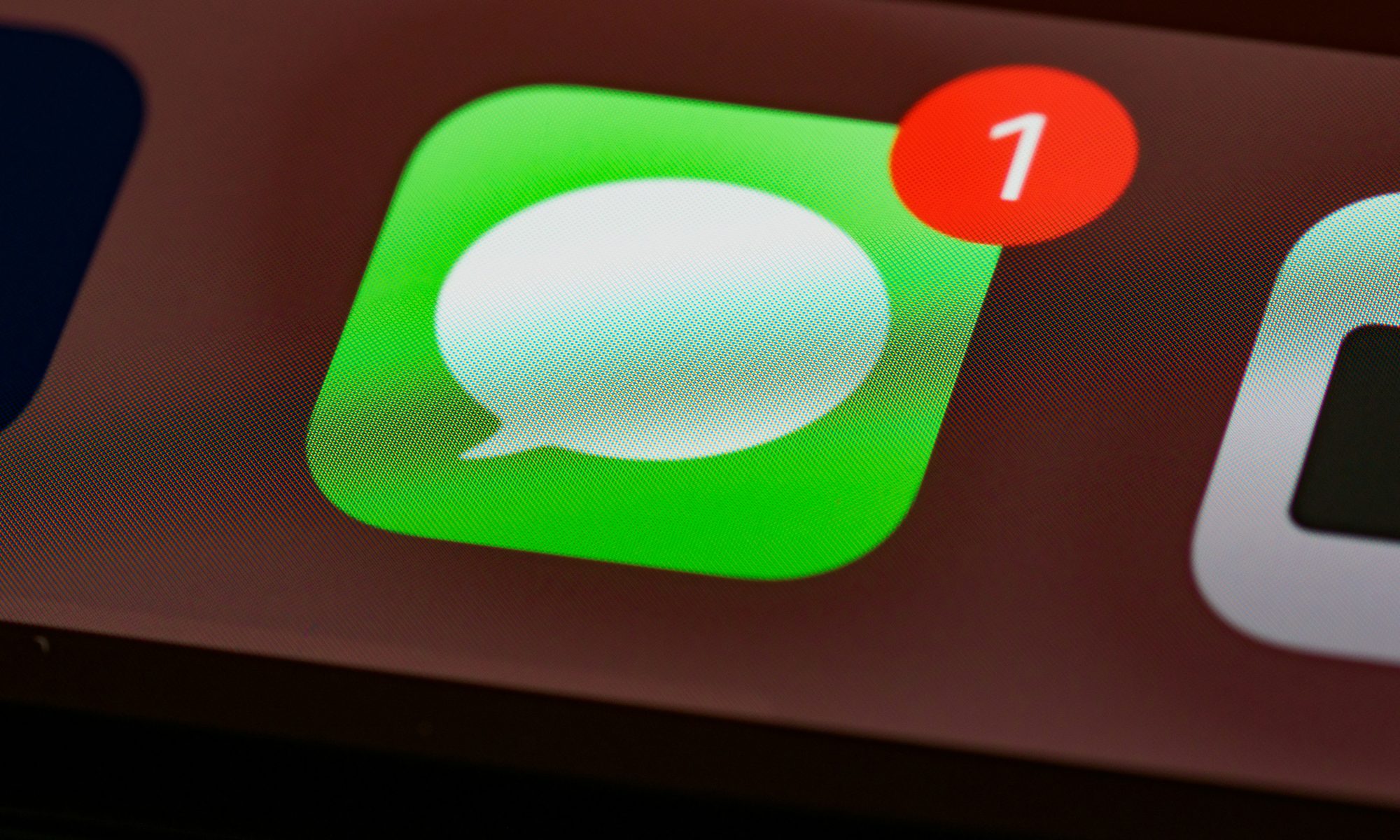──────────────────────────────────────────────
TL;DR
Flash SMS is a type of text that appears instantly on a recipient’s screen, bypassing the inbox for immediate attention.
- Sends OTPs, alerts, and promotions with instant visibility
- Ensures recipients see messages without checking their inbox
- Works on most modern phones without special setup
- Breaks through digital clutter and builds trust with timely updates
──────────────────────────────────────────────
Every business that does SMS marketing struggles with one persistent challenge: messages that never get noticed. Customers often unopen texts, or worse, bury them beneath a flood of notifications.
Flash SMS changes that. It pushes your message directly onto the recipient’s screen the moment it’s sent, requiring no extra taps or inbox searches.
If you need to send urgent alerts, time-sensitive offers, or security verification codes, this format ensures your communication gets immediate attention. In this article, you’ll learn what flash text is, how it differs from standard SMS, why you should use it, and how it looks across industries.
Flash Text Messages Explained
A flash SMS message is a type of text that appears instantly on a recipient’s screen, even if their phone is locked. Unlike traditional SMS, it bypasses the inbox so that the recipient sees it right away.
Most flash messages don’t save automatically unless the recipient chooses to keep them. They turn into one-time notifications that grab attention once they’re delivered.
Standard SMS relies on the recipient to open and read it, which creates a delay. A flash SMS removes that step. For urgent information, that difference can be critical. Think of it as handing someone a note directly instead of leaving it on their desk.
From a technical standpoint, it uses a specific protocol called Class 0 SMS. It tells the device to display the message instantly without routing it to the inbox first.
Most modern smartphones support this function, and telecom carriers deliver it just like a regular SMS, so you don’t need specialized devices to receive it.
Flash SMS Messages: Benefits and Why Businesses Should Use Them
In an era where social feeds, email promotions, and app notifications compete for your customers’ attention every second, flash messages help you cut through the noise and deliver information that stands out.
Here’s why you should start embracing it:
1. Instant visibility on the screen
Unlike regular texts that sit in the inbox, a flash SMS message pops up right on the screen. That visibility guarantees your message gets noticed at the exact moment it matters.
2. Ensures urgent messages are seen
In industries like banking, healthcare, and logistics, time-sensitive communication is critical. Flash SMS sends urgent alerts—like transaction verifications, appointment reminders, or delivery updates—directly on the recipient’s screen.
By bypassing the inbox, Flash SMS makes it more likely that messages are noticed and acted upon quickly. This instant visibility cuts delays, boosts efficiency, and builds customer trust.
3. Ideal for alerts, promotions, and codes
Use cases vary across sectors. Banks send one-time passcodes (OTPs), logistics firms confirm delivery updates, and retailers share flash sales. Emergency services also use flash SMS for immediate alerts during natural disasters.
4. Reduces the chance that messages are ignored
SMS is already one of the most effective communication channels because of its high visibility. Flash SMS takes it further by appearing directly on the recipient’s screen in real time. This immediate delivery makes important messages harder to miss or ignore.
5. Cuts through digital clutter
Think about how many email newsletters land in your inbox daily that you end up ignoring. Likewise, many people swipe away push notifications without reading them. Flash messages break through by forcing immediate engagement, making your phone prioritize your message over everything else.
6. Builds trust through timely messaging
When customers receive fast, reliable updates, they associate your brand with dependability. For instance, if you offer delivery services, flash SMS lets you send real-time alerts for package arrivals or delays. Quick, visible communication shows your customers you value their time and safety.
Deliver Unmissable Messages
In a world where speed and attention define customer relationships, flash SMS gives your business an edge. You get to deliver urgent information quickly, and people see it and act on it right away.
Whether you’re in finance, retail, logistics, or public safety, placing critical messages directly in front of your audience can make a measurable difference.
If you’re exploring reliable SMS solutions, consider Semaphore. With scalable messaging tools designed for businesses of every size, we help you reach customers instantly through standard SMS, bulk campaigns, or advanced features like flash notifications.
Visit Semaphore to learn how to make every message count.
──────────────────────────────────────────────
FAQs
1. What is Flash SMS?
Flash SMS is a type of text message that appears instantly on a recipient’s screen, even if their phone is locked. Typically, the message isn’t saved unless the recipient stores it.
2. How does Flash SMS differ from regular SMS?
Regular SMS relies on the recipient opening their inbox to read the message. Flash SMS removes this step by appearing directly on the screen upon delivery, ideal for urgent notifications.
3. Can Flash SMS be used for marketing purposes?
Yes. You can use it for time-sensitive promotions, flash sales, or limited-time offers since recipients see the message instantly.
4. Is Flash SMS secure?
Flash SMS travels through the same telecom channels as standard SMS. You can also use it for secure communications like one-time passcodes (OTPs) and transaction verifications.
5. Do recipients need a special phone to receive Flash SMS?
No. Most modern smartphones already support Flash SMS.
- What are the key benefits of Flash SMS for businesses?
- Makes messages instantly visible on the screen
- Reduces the chance of messages being ignored
- Cuts through digital clutter
- Builds trust through timely communication
6. Are there limitations to using Flash SMS?
Yes. Messages may be lost if recipients don’t save them, and older devices or networks may not support the feature.
──────────────────────────────────────────────



